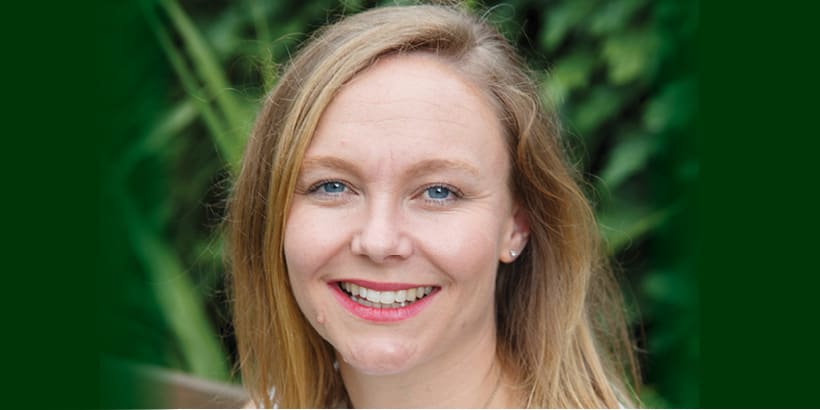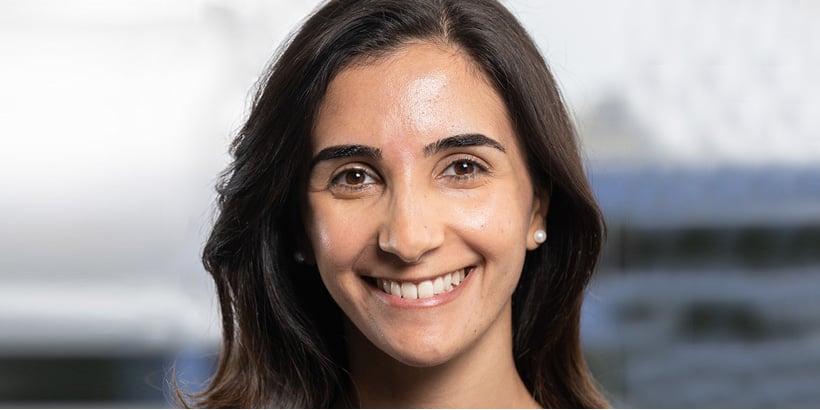
Antimicrobial resistance
March 15, 2023
Sexual harassment in the workplace
March 15, 2023WORKPLACE RELATIONS
Fee dodgers
Chasing telehealth payments from patients who’ve cut the phone line after a consultation can be costly to practice owners. AMA (NSW)’s Workplace Relations advisor, Melanie Fayad, investigates what you can do to protect your practice.
Telehealth has found a permanent place in Australia’s healthcare system. Initially adopted by practitioners to provide patients with safe access to healthcare during the pandemic, telehealth has since become a convenient and flexible means of healthcare delivery.
While there are many positives to offering telehealth consultations to your patients, some doctors report it can leave your practice exposed to fee dodgers.
Fee dodgers (or “dine and dash” patients) are patients who have had a privately billed telehealth consultation with the doctor but hang up before being transferred to the receptionist for payment of the private fee.
Former AMA President, Dr Mukesh Haikerwal recently spoke about this issue within his own practice in Melbourne. Dr Haikerwal said that it was a difficult task to get ahold of patients that had not paid, and that follow-up calls to patients were often declined or excuses provided such as being too busy to talk. In extreme cases, Dr Haikerwal has had to use debt collectors.
The impact of non-payment is not small. Dr Haikerwal said that, at one point, the value of outstanding payments for telehealth consultations in his practice reached tens of thousands of dollars. There is also a cost to staff who are spending valuable time chasing payments from patients which should instead be applied to ensuring the smooth running of health services.
AMA (NSW) President, Dr Michael Bonning, believes this issue arises out of an assumption by many people that the value of a telehealth service is much less than a face-to-face consultation.
Dr Haikerwal agreed with this sentiment, adding that many GPs choose to bulk bill or charge low fees for telehealth consultations to appease a false perception among patients that consults over phone or video have a “low worth”. He called this a ‘slippery slope’, as it only furthered the assumption that telehealth was of low value to the point that when a GP did charge, patients would not pay.
Dr Bonning explained that private fees for telehealth services are reflective of the rising costs of running a business and that, like any other service, the training and experience that GPs bring to these consultations needs to be valued.
“The GP – like any other business owner or small business practitioner – needs to be able to pay to keep the lights on to run the Telehealth service, to pay for receptionists and staff, and all the other members of their team,” Dr Bonning said.
Tips to secure payment for telehealth services
How can doctors and their staff ensure greater certainty that they will be paid for these services?
Below, we outline some strategies you may like to consider in your practice. The time and costs associated with debt collection mean that taking steps upfront to secure payment at the time the consultation is completed will be more beneficial in the long run.
1. Informed Financial
Consent
Practitioners and their practice staff should continue to ensure patients are well-informed of the anticipated fees prior to the consultation. Informed financial consent should be obtained from the patient and documented prior to booking a telehealth consultation to avoid later misunderstandings. If the consultation is booked by the patient online, informed financial consent could be recorded at the time the booking is made online. Where consultations are booked over the phone, consent may be obtained verbally and documented in the patient’s file. Informed financial consent makes securing payment easier.
2. Obtaining payment details prior to consultation
This may involve a phone call from practice staff to collect card details prior to commencement of the consultation and then transferring the patient to the practitioner. On completion of the consultation, payment can then be processed using the payment card details obtained.
If this strategy is considered, practice staff must be careful to process and keep payment card data safely and securely in accordance with the Payment Card Industry Data Security Standard (PCI DSS). These are a set of standards mandated by leading card schemes (including Visa and Mastercard) for the acceptance, transmission, and storage of cardholder data. For the latest version of the PCI DSS as well as a directory of Qualified Security Assessors that can assess whether your practice is PCI DSS compliant, please see the PCI Security Standards Council website.
Practices may wish to consider using pre-authorisation to ensure the card is valid and has the appropriate amount of funds. Pre-authorisation can be used to hold a booking for a patient and can guarantee the practitioner is paid at the end of the service without the administrative burden. Your payment facilitator should be able to provide further information about this.
Should you require advice and support regarding informed financial consent and risk management strategies for your practice, please contact the AMA(NSW) Workplace Relations Team at workplace@amansw.com.au or on +61 2 9439 8822

